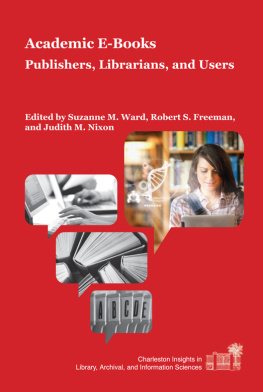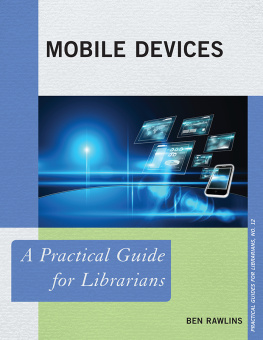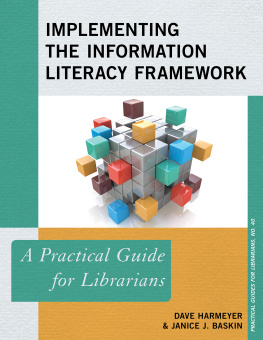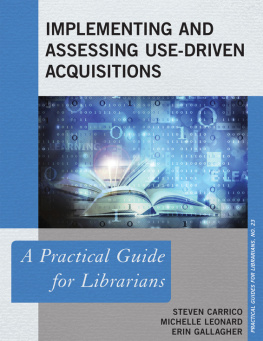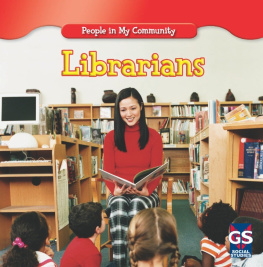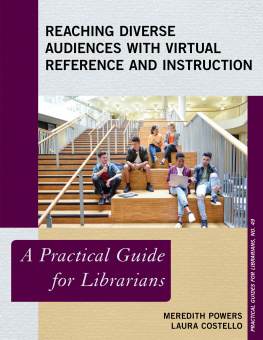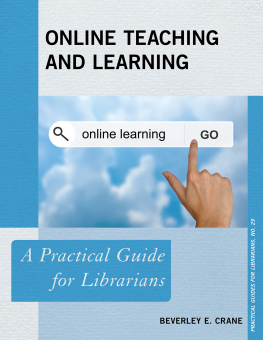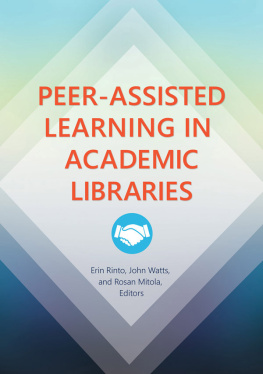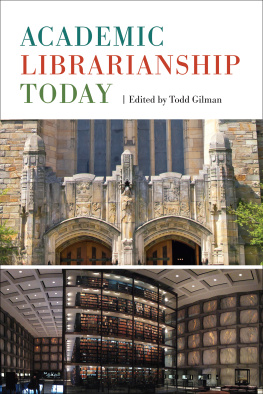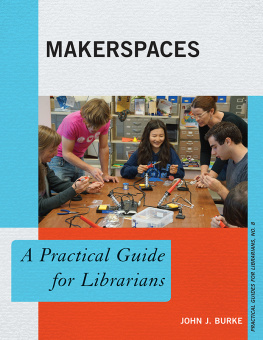Edited by Suzanne M. Ward, Robert S. Freeman, and Judith M. Nixon
Copyright 2016 by Purdue University. All rights reserved.
Cataloging-in-Publication data on file at the Library of Congress.
One of the great scholarly publishing success stories of the past decades has been the systematic transition from print to electronic that major academic publishers and libraries alike have conducted for scholarly journals. We tend to focus on the limitations of this transition, such as bundled pricing models and challenges such as smaller publishers still clinging to print or richly illustrated titles that do not always display well in digital formats. At the same time, the overall transition has been remarkably orderly and responsible, yielding meaningful improvements in discovery and access. Compared with journals, the possibility of a format transition for books presents a different set of opportunities, and far greater complexity, for academic libraries and publishers alike.
In this book, contributors review some of the exciting initiatives that are being mounted in an effort to incorporate e-books into library acquisition, discovery, and access channels. As has been the case for e-journals, we are developing institutional licensing models, allowing for the creation of library collections of e-books often spread across a variety of platforms. Although publishers try to retain the revenues associated with heavily used materials, libraries seek to manage expenditures by maintaining sharing models and responding to community demand with greater sophistication. Even if e-books are growing unevenly, libraries and content providers can take much satisfaction in the progress that has been made to introduce this valuable new format for books.
For journals, their perspective initially was shaped largely by ecosystems created by scholarly publishers and libraries; for books, their perspective is shaped as much by Amazon and Google. Amazons pervasive reading interfaces, robust cross-device syncing, seamless delivery from numerous publishers, and familiar discovery environment set high expectations for book discovery and delivery. Scholars, at least, regularly pay out of pocket to read e-books through the Kindle and similar ecosystems. In academic e-book environments, scholars and students have the fragmented experience of numerous platforms, the unavailability of many titles, discovery limitations, multiple confusing digital rights management (DRM) solutions, and poor device support. Since most academic readers have had at least some experience with both ecosystems, they have the ability to evaluate them comparatively. Even without out-of-pocket costs, the academic e-book ecosystem poses comparative barriers for readers.
Reading is not the only, and indeed perhaps not the most important, use for scholarly books. Search and browse functions, enabled in print books through tables of contents, illustrations, and indices, are vital to humanists who only sometimes read a book cover to cover. Although there is some evidence that scholars and students alike have continued to prefer reading in print, these other functions are eased tremendously by using e-books and online tools (Housewright, Schonfeld, & Wulfson, 2013; see especially the discussion around Figure 14 on pages 3132). Notably, Google Books offers an outstanding discovery experience, not only in searching for books but perhaps even more importantly in searching for phrases and ideas within books, offering a powerful supplement, if not a substitute, for the traditional index. Google Books may not be widely used as a source for reading, but for many scholars it is an outstanding complementary resource that indicates another important way in which scholars and students use e-books (Rutner & Schonfeld, 2012; see especially pages 1719 and 44). At this early stage in the development of scholarly e-books, there is every reason to believe that expectations for discovery, reading, and perhaps other uses are being set by one major ecosystem (Kindle) and a small set of other major initiatives (especially Google Books). If this is true, there may be other approaches that libraries and content platforms should consider. For example, they might determine that it makes more sense to find ways to work as a part of this consumer ecosystem, or they might create a more coherent user experience that offers an academic alternative to the consumer ecosystem.
Ultimately, librarians should bear in mind that user experience does not begin and end with a single content platform. Even when the experience is strong on a single content platform, readers experience the often-awkward transitions across platforms and challenges moving books seamlessly into reading-optimized interfaces. Libraries may find it helpful to consider these issues more systematically rather than as a part of a selection and procurement process. Indeed, these processes often show their limits in trying to manage a format transition no less fundamental than that from scroll to codex. Content platforms, too, may find that by interoperating more seamlessly and serving the reading experience more richly, they will attract more readers to digital formats.
The introduction of e-books offers some very exciting opportunities for the academic community. Recognizing the place of academic e-books in relation to a broader consumer e-book ecosystem may suggest opportunities to embrace this new format more fully.
NOTE
. I use the term reader in this piece to indicate individuals whose objective is to read a book, in whatever format. Individuals who have other objectives with books, such as skimming the illustrations, consulting an index, or conducting text mining, are grouped generally as users. Readers and users alike take many steps, and have many needs, in order to find and use one or more books.
REFERENCES
Housewright, R., Schonfeld, R. C., & Wulfson, K. (2013). US faculty survey 2012. New York, NY: Ithaka S+R. Retrieved from http://www.sr.ithaka.org/research-publications/us-faculty-survey-2012
Rutner, J., & Schonfeld, R. C. (2012). Supporting the changing research practices of historians. New York, NY: Ithaka S+R. Retrieved from http://www.sr.ithaka.org/research-publications/supporting-changing-research-practices-historians
Introduction to
Academic E-Books
Suzanne M. Ward, Robert S. Freeman,
and Judith M. Nixon
Academic librarians have planned for, experimented with, and generally been waiting for the e-book revolution as a solution to many library challenges and for the advantages the e-book provides to users. Unlike its print counterpart, an e-book can never be lost, marked-up, or worn out. It does not take up any shelf space, and so saves the overhead on the building. It does not require a staff member (or self-check kiosk) to check it out or to check it back into the library. Student assistants are not needed to reshelve it or to make sure it is on the right shelf and in the right order. Just the savings in the staff time of scanning the bar codes for an inventory and reshelving the misshelved books make e-books very attractive to librarians. Another advantage is that librarians do not even need to buy e-books before users begin to check them out. Instead they can load the records into the online catalog and wait to see which books are borrowed, paying only after there has been demonstrated use. The e-book has great advantages for the users as well. In many cases, an e-book can be checked out by multiple users at the same time and is available wherever and whenever the user needs it. However, perhaps the most valuable advantage is that every single word and phrase in an e-book is searchable. Indexing systems, library online catalogs, and search engines like Google Books now help users find, or discover, the content inside e-books. The reader does not need to know which book has the information needed, instead he can use a search engine and go to the exact page and sentence with a few clicks.

